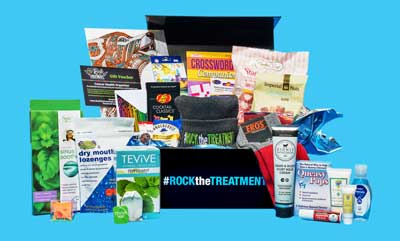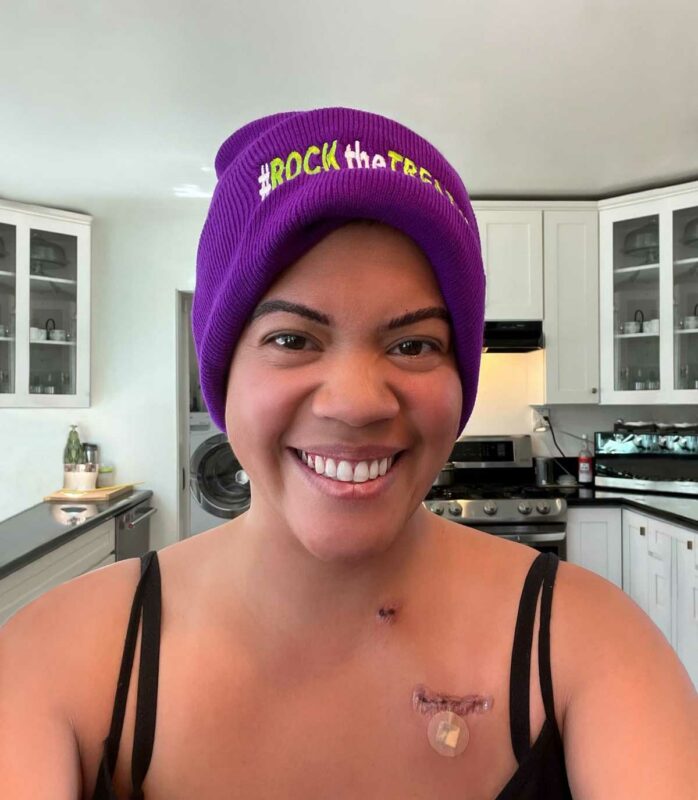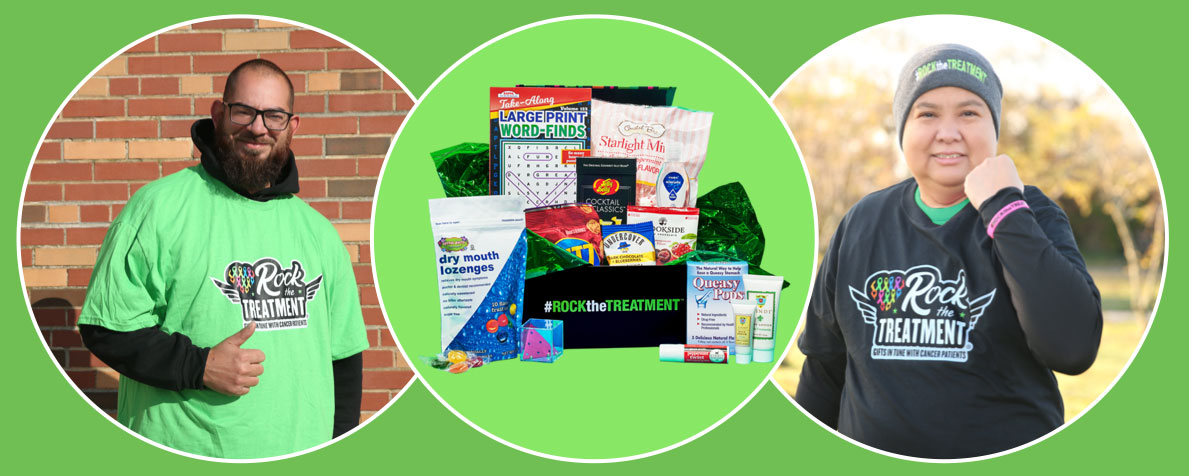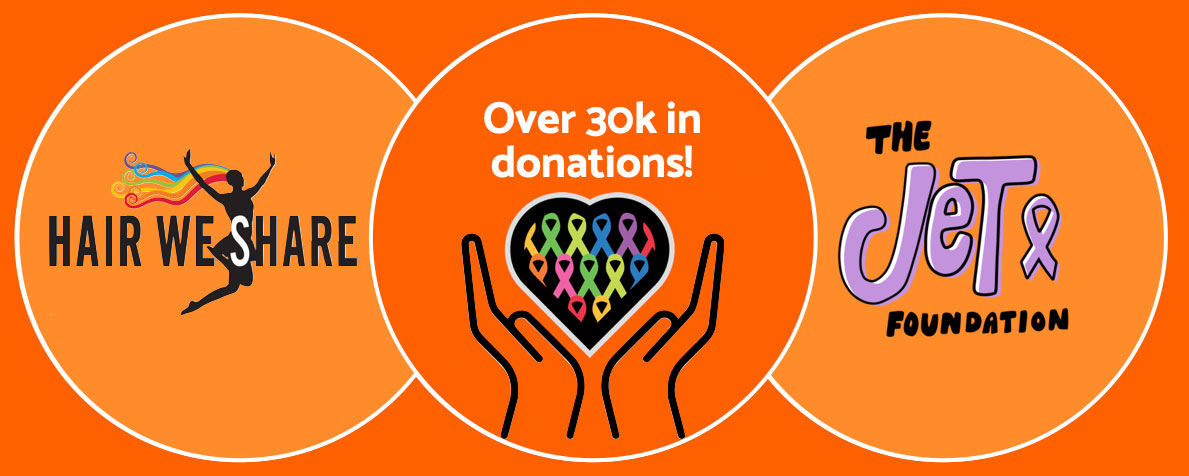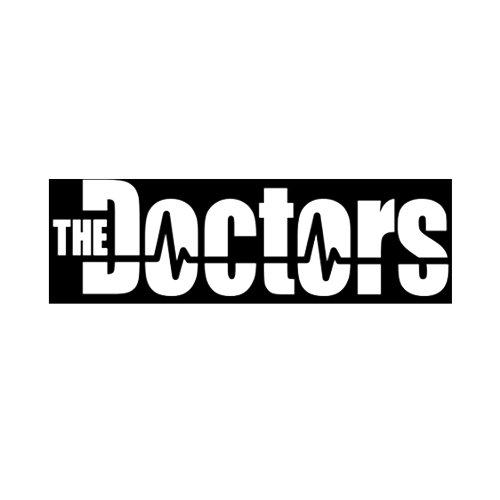HOSPITAL DELIVERIES
We DO NOT recommend shipping our cancer patient care packages to the hospital. Patients are routinely moved to different rooms or discharged early and hospital mail rooms are sometimes slow in sorting and delivering packages. If a person has been discharged, there is no guarantee as to what would happen to your gift care package. Therefore, we strongly advise you to send your gift to the recipient’s home. Should you still choose to ship your basket to the hospital, please understand that all shipments to hospitals are made at your own risk. We are unable to guarantee or insure delivery to hospitals and you accept full responsibility if the package is delayed or lost.
However, we understand that you may not be able to deliver the gift or have someone receive and deliver it on your behalf. If this is the situation and you still choose to send to the hospital / medical facility, we strongly advise you to include the following information in the shipping details:
- Hospital name (not only the address).
- Once we know it’s a hospital, we write the patient’s name on all sides of the package.
- Room number (if you have / can get this information). We also mark the package with the room number and find that this can be helpful.
- All shipments to hospitals are made at your own risk and you accept full responsibility if the package is delayed or lost.
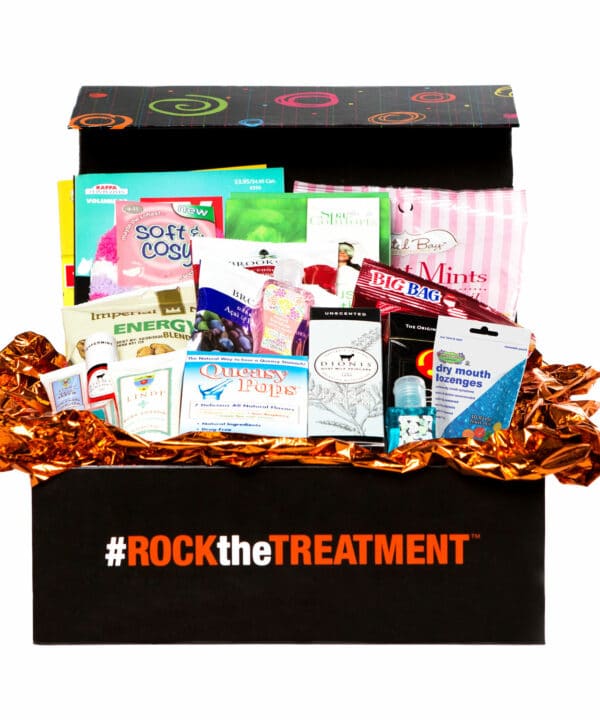 Medium Women's Chemo Care Package
Medium Women's Chemo Care Package
 Medium Women's Chemo Care Package
Medium Women's Chemo Care Package



